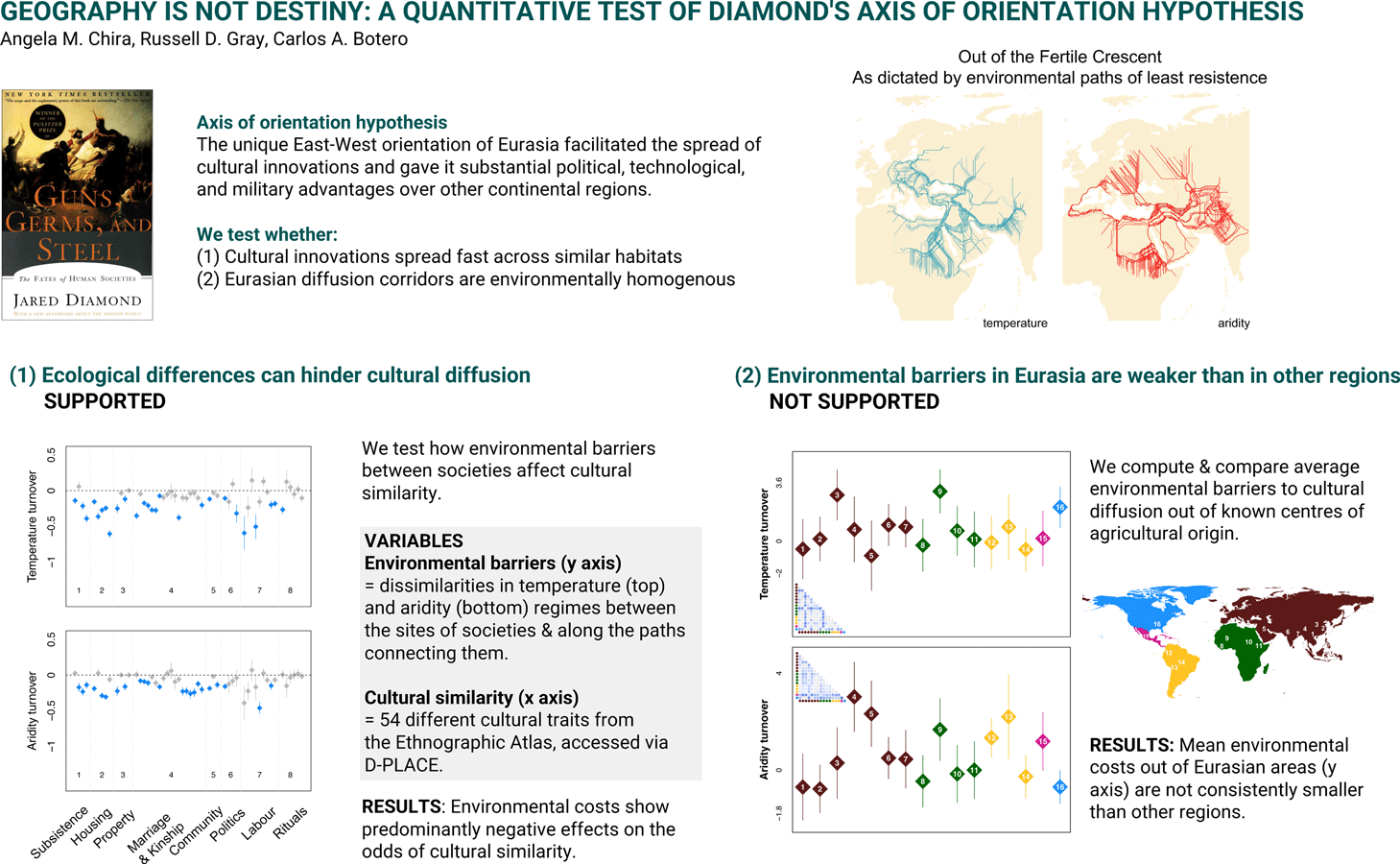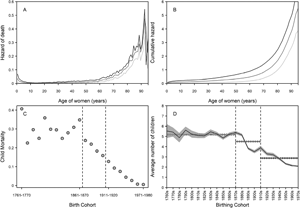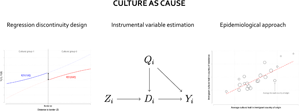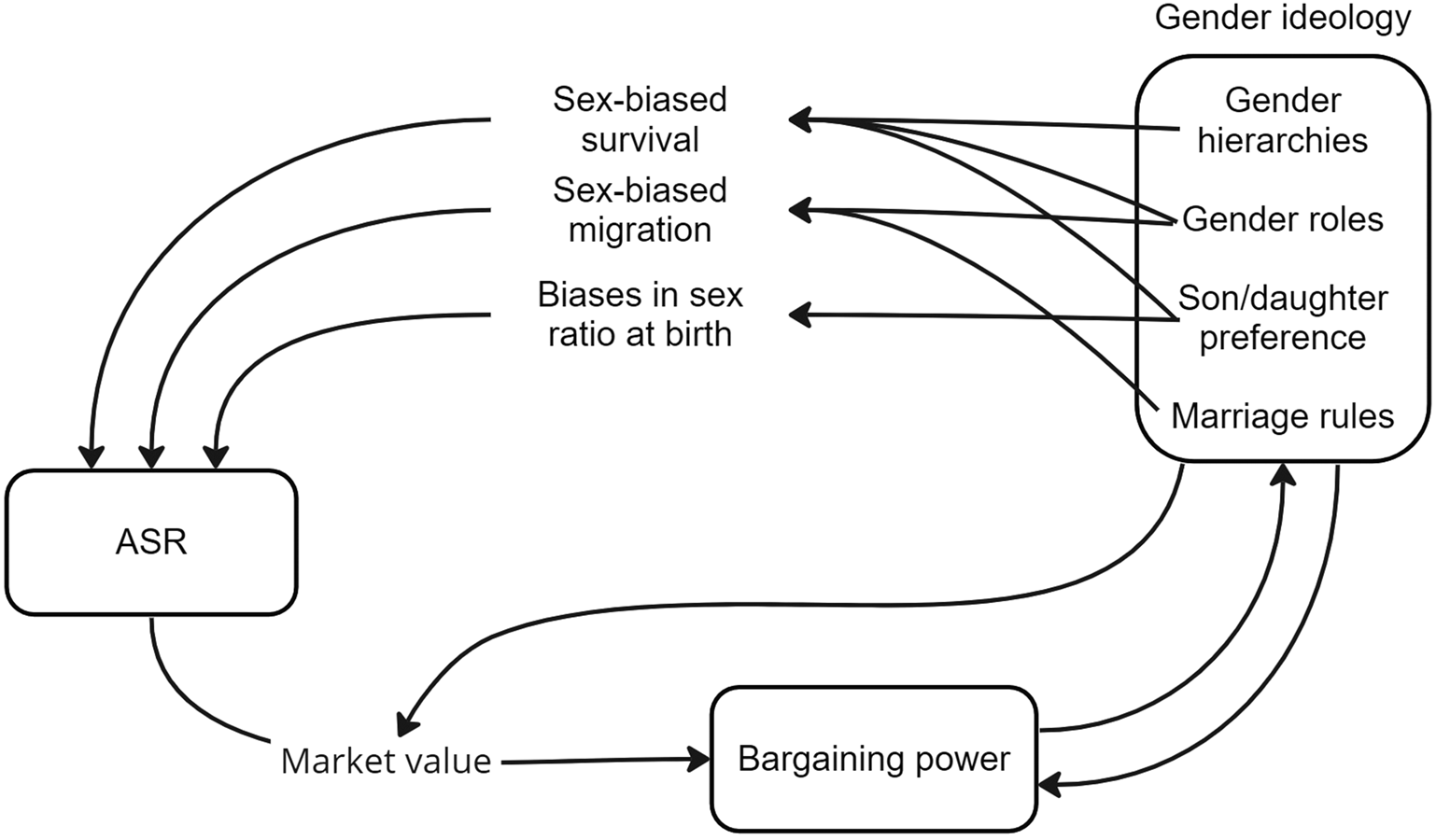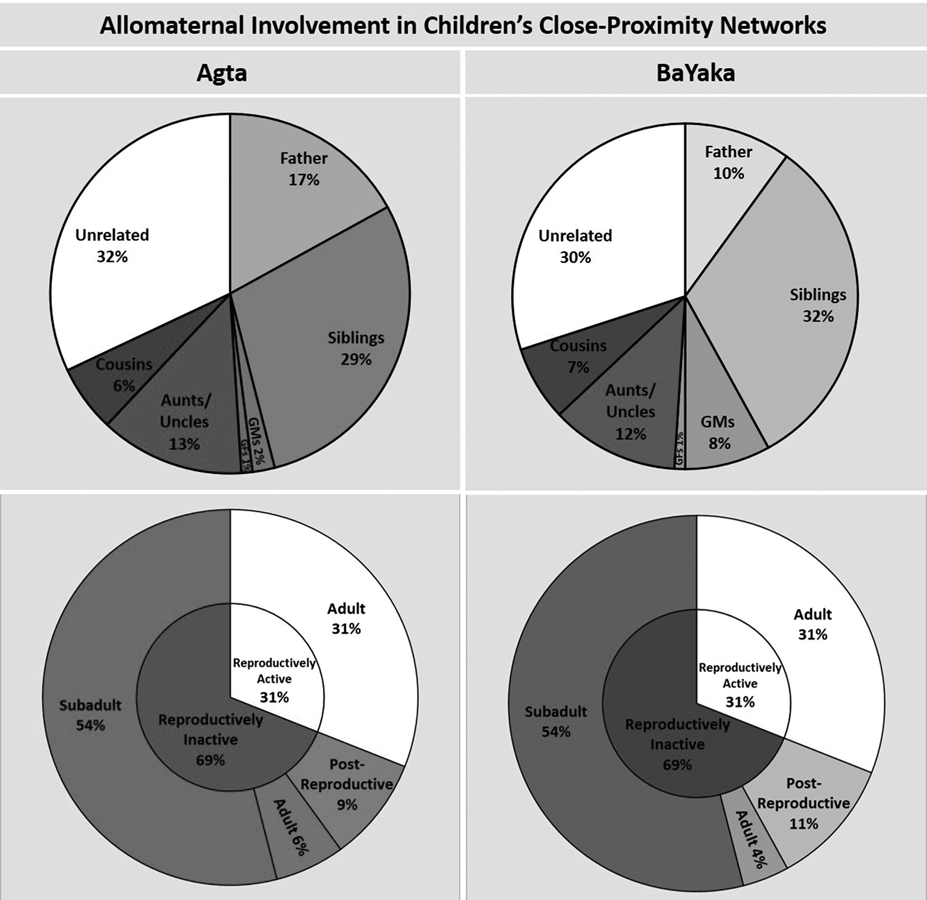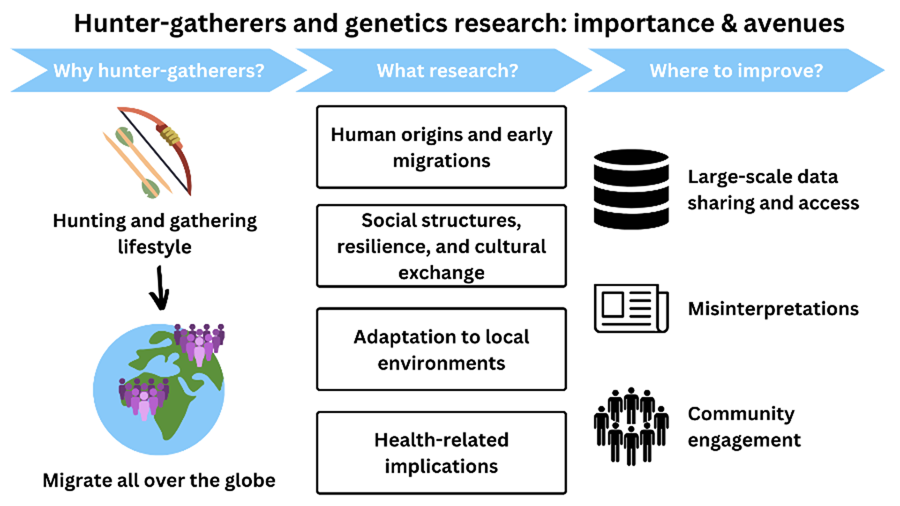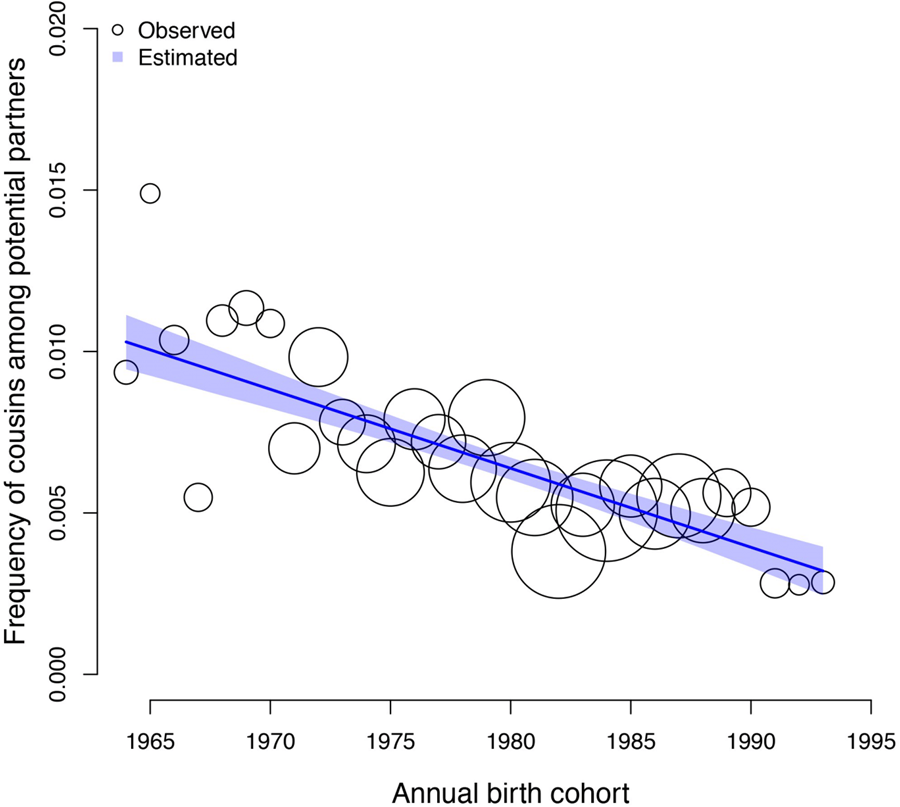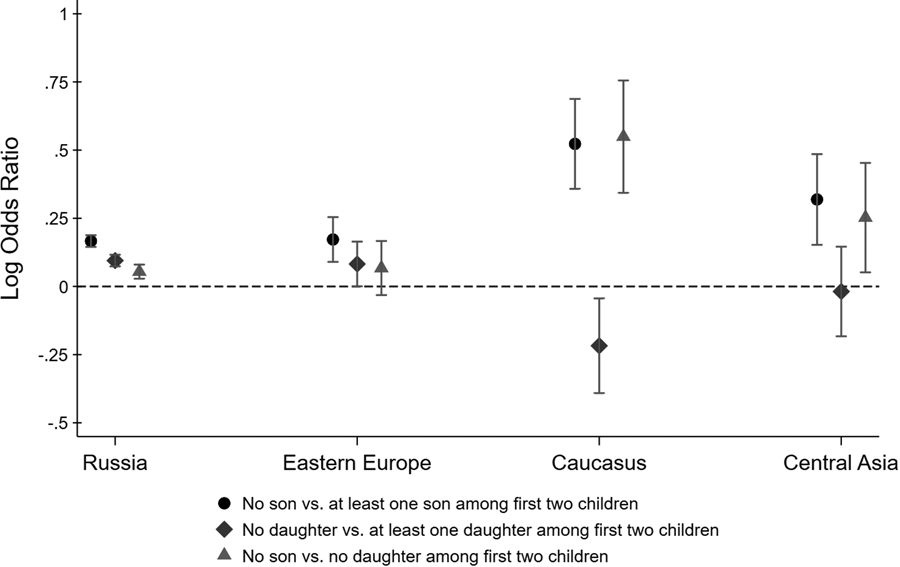Editorial
The world has gone mad
-
- Published online by Cambridge University Press:
- 11 December 2023, e1
-
- Article
-
- You have access
- Open access
- HTML
- Export citation
Research Article
Better-than-chance prediction of cooperative behaviour from first and second impressions
-
- Published online by Cambridge University Press:
- 08 January 2024, e2
-
- Article
-
- You have access
- Open access
- HTML
- Export citation
US homicide rates increase when resources are scarce and unequally distributed
-
- Published online by Cambridge University Press:
- 11 December 2023, e3
-
- Article
-
- You have access
- Open access
- HTML
- Export citation
Material insecurity and religiosity: A causal analysis
- Part of:
-
- Published online by Cambridge University Press:
- 17 January 2024, e4
-
- Article
-
- You have access
- Open access
- HTML
- Export citation
Geography is not destiny: A quantitative test of Diamond's axis of orientation hypothesis
- Part of:
-
- Published online by Cambridge University Press:
- 04 January 2024, e5
-
- Article
-
- You have access
- Open access
- HTML
- Export citation
Grandmother effects over the Finnish demographic transition
-
- Published online by Cambridge University Press:
- 04 January 2024, e6
-
- Article
-
- You have access
- Open access
- HTML
- Export citation
Maternal grandmothers buffer the effects of ethnic discrimination among pregnant Latina mothers
-
- Published online by Cambridge University Press:
- 09 November 2023, e7
-
- Article
-
- You have access
- Open access
- HTML
- Export citation
Investigating environmental effects on phonology using diachronic models
- Part of:
-
- Published online by Cambridge University Press:
- 03 January 2024, e8
-
- Article
-
- You have access
- Open access
- HTML
- Export citation
Methods Paper
Identifying culture as cause: Challenges and opportunities
- Part of:
-
- Published online by Cambridge University Press:
- 04 January 2024, e9
-
- Article
-
- You have access
- Open access
- HTML
- Export citation
Review
Sex ratios and gender norms: why both are needed to understand sexual conflict in humans
-
- Published online by Cambridge University Press:
- 30 January 2024, e10
-
- Article
-
- You have access
- Open access
- HTML
- Export citation
Research Article
Hunter–Gatherer children's close-proximity networks: Similarities and differences with cooperative and communal breeding systems
-
- Published online by Cambridge University Press:
- 31 January 2024, e11
-
- Article
-
- You have access
- Open access
- HTML
- Export citation
Review
Cultural evolution: A review of theoretical challenges
-
- Published online by Cambridge University Press:
- 13 February 2024, e12
-
- Article
-
- You have access
- Open access
- HTML
- Export citation
Corrigendum
The shape of lipsmacking: socio-emotional regulation in bearded capuchin monkeys (Sapajus libidinosus) – CORRIGENDUM
-
- Published online by Cambridge University Press:
- 04 March 2024, e13
-
- Article
-
- You have access
- Open access
- HTML
- Export citation
Research Article
Why cultural distance can promote – or impede – group-beneficial outcomes
- Part of:
-
- Published online by Cambridge University Press:
- 11 March 2024, e14
-
- Article
-
- You have access
- Open access
- HTML
- Export citation
Perspective
Hunter–gatherer genetics research: Importance and avenues
-
- Published online by Cambridge University Press:
- 15 February 2024, e15
-
- Article
-
- You have access
- Open access
- HTML
- Export citation
Methods Paper
Measuring perceived fitness interdependence between humans and non-humans
-
- Published online by Cambridge University Press:
- 27 February 2024, e16
-
- Article
-
- You have access
- Open access
- HTML
- Export citation
Research Article
Misperception of peer beliefs reinforces inequitable gender norms among Tanzanian men
-
- Published online by Cambridge University Press:
- 21 February 2024, e17
-
- Article
-
- You have access
- Open access
- HTML
- Export citation
Cross-cousin marriage among Tsimane forager–horticulturalists during demographic transition and market integration
-
- Published online by Cambridge University Press:
- 26 March 2024, e18
-
- Article
-
- You have access
- Open access
- HTML
- Export citation
Isolating a culture of son preference among Armenian, Georgian and Azeri Parents in Soviet-era Russia
- Part of:
-
- Published online by Cambridge University Press:
- 07 March 2024, e19
-
- Article
-
- You have access
- Open access
- HTML
- Export citation
Corrigendum
Hunter-gatherer genetics research: Importance and avenues – CORRIGENDUM
-
- Published online by Cambridge University Press:
- 08 April 2024, e20
-
- Article
-
- You have access
- Open access
- HTML
- Export citation





